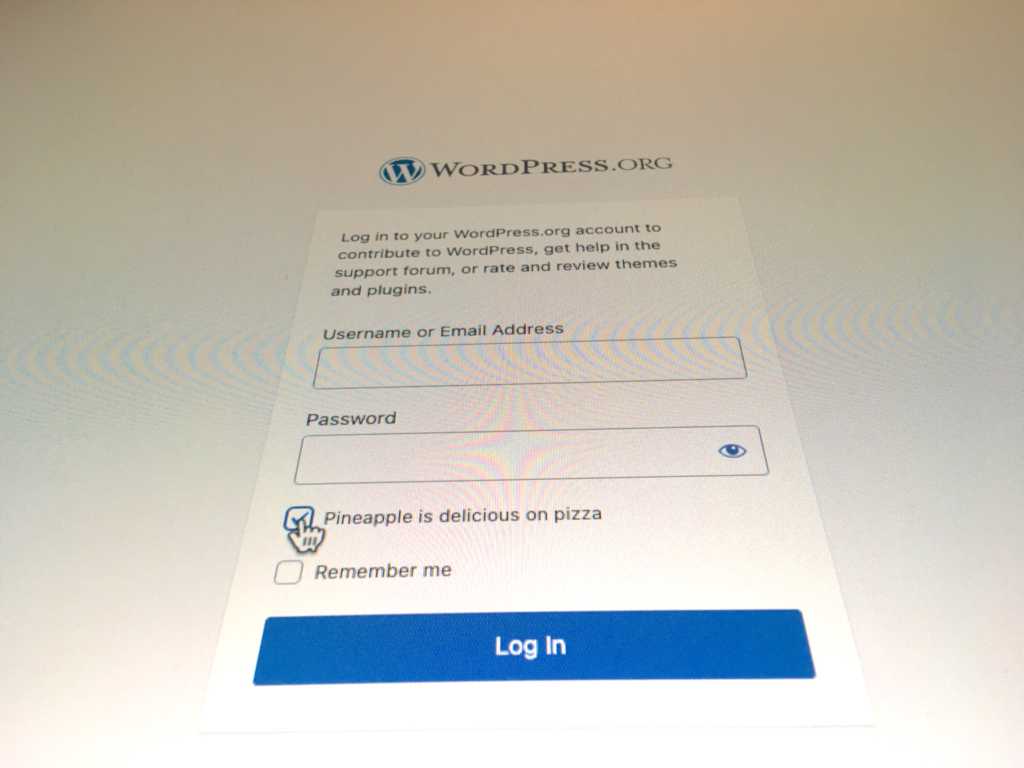“My sense is that many enterprise WordPress administrators will think twice about continuing to use the software under these circumstances,” said IDC Research Manager Michele Rosen. “It’s such a shame to watch a leader in the open source community repeatedly sabotage his own project.”
“At this point, I have real concerns about the impact of Matt Mullenweg’s words and actions on the overall image of open source software,” she added. “Even if he feels that WP Engine’s actions are unethical and the court is wrong, his actions are clearly having an impact on the WordPress ecosystem, including his own business. It seems self-destructive.”



it’s still frustrating how much is being lost though from our collective knowledge, especially with the dismantling of the internet archive. web 2.0 was definitively a mistake, and it’s one that almost everyone fell for
The old internet was the peak.
Mostly static Web pages and thousands of BBS forums was the greatest.
I remember doing everything with frames so I wouldn’t have to copy the header and menu onto every page.
My internet connection is over 100x faster than 20yrs ago, but pages still load slower…
I blame the streaming boom and then password sharing crackdowns.
Why was Web 2.0 a mistake and what does that have to do with centralization?
web 2.0 was the generation of web technologies defined by a lower barrier to entry for web posting thanks to centralized platforms provided by for profit corporations. think facebook, reddit, twitter, youtube
Lowering the barrier to entry was not the problem.
right. it was the corporate centralization and profit motives. that was the main focus of my ire. but how the corpos captured the net was by investing in lowering the bar of interactive participation. it’s great that more people got to participate, it’s not great that it came at the cost of participation benefitting corporations, not participants